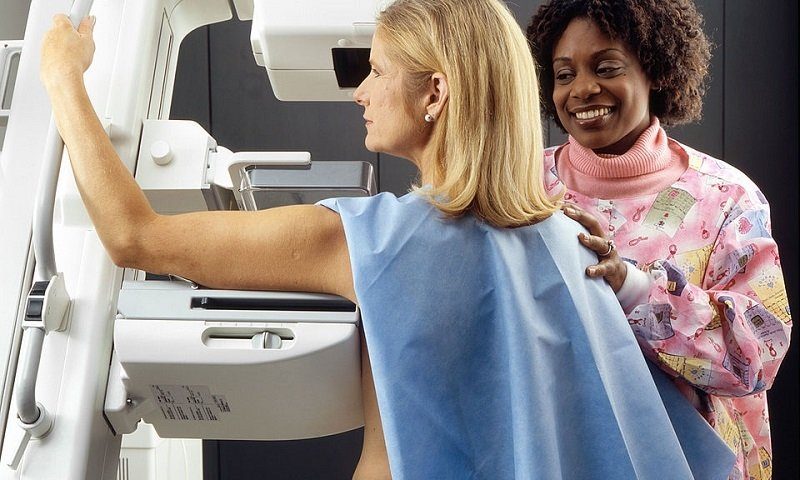After about four years operating in stealth, a startup developing artificial intelligence technology to improve breast cancer screening has pulled the rabbit out of the hat. Whiterabbit uncloaked itself this week to reveal a new CEO and a suite of AI software tools, the first of which already equipped with an FDA clearance.
The company, based in Santa Clara, California, was founded in 2017 with the lofty goal of completely eradicating late-stage breast cancer in the U.S. by 2025.
To that end, Whiterabbit has worked to develop a trio of AI-powered tools focused on improving the cancer screening process. The first, WRDensity, received 510(k) clearance from the FDA last fall to assist radiologists in measuring breast density, which can be difficult to measure manually but is a significant risk factor for cancer.
A study published in November found that, once trained on hundreds of thousands of mammography images from multiple medical centers, WRDensity’s deep learning technology produced breast density measurements that matched with radiologists’ assessments much more closely than other academic and commercial density-measuring products. The measurements were further improved when the software was adapted to each clinic’s specific methods.
Whiterabbit’s other software tools, ACT and WRRisk, are directed toward improving the process of scheduling breast cancer screenings and adhering to that schedule. ACT sends automated reminders and educational updates to encourage women not only to stay current with their screenings but also to do so fully equipped with plenty of information about maintaining breast health.
WRRisk, meanwhile, analyzes health data to calculate an individualized risk rating for each patient. In addition to flagging the patients at the highest risk of developing breast cancer, the risk rating can also help their care teams design a more effective screening plan and improve diagnoses.
Further development of Whiterabbit’s technology is backed by its nearly $50 million in lifetime venture funding, including a late 2019 series A that clocked in at just over $21 million.
Going forward, the company will now be overseen by its newly announced CEO, Alexander Sardiña. A trained radiologist, Sardiña also has years of experience in the corporate world: He previously served as chief medical officer for the national provider Solis Mammography and, before that, as CEO and CMO of Covia Health, a mobile 3D mammography company based in Houston.
“Increasing the rate of compliance for annual screenings is one of the most important levers for catching cancer early and reducing the rate of late-stage diagnosis,” Sardiña said in a statement. “I have spent my career improving the practice of early breast cancer detection. I’m excited to continue this work as CEO of Whiterabbit, a pioneer in the application of AI tech for cancer screening.”

